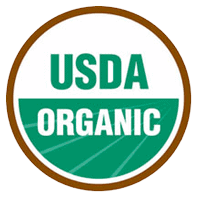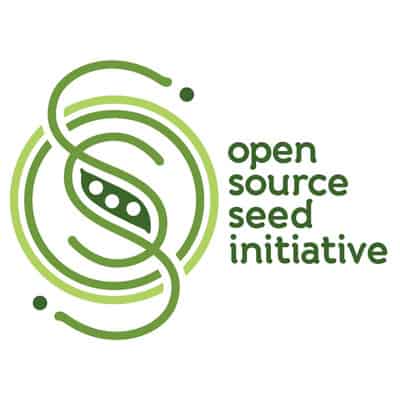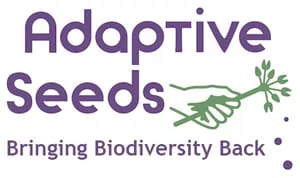Our Guarantee

Due to the perishability of seeds, all sales are final once shipped. We do not offer cancellations or refunds for orders after they have shipped.
We guarantee that every seed lot we sell is germination tested regularly. Each variety meets or exceeds the germination requirements of the Federal Seed Act and industry standards, for the year in which it is sold. Should our seeds not germinate for you, please let us know immediately, and we will promptly replace, refund, or provide store credit for the purchase price. Our liability is limited to the purchase price of the seeds, and refund or replacement is limited to one packet per year, in the growing season of the year of purchase.
Any issues with garlic or shallots must be reported within 30 days of delivery to be eligible for refund or replacement.
All Brassica family seed lots have been tested and found negative for blackleg (Phoma lingam) as required by the Oregon Department of Agriculture.
Please let us know if the seeds you receive are mislabeled, or not true to description, so we can correct the problem. In our time as vegetable farmers, we experienced old-fashioned seed mix ups at least once per year. We understand now how this happens and cannot correct a problem we don’t know about. We encourage feedback and look forward to hearing from you!
Certified Organic Seed
Varieties in our catalog with Organic in the title are Certified Organic by Oregon Tilth. Additionally, Adaptive Seeds only sells untreated (not coated with fungicides or insecticides), open pollinated seed, and NONE of it is genetically modified.
For certified organic growers who need a copy of our certificate for their own documentation, you can find our most recent certificate at USDA’s Organic Integrity Database: Adaptive Seeds Organic Certification.
Here is our Untreated Seed Statement which states that none of our seed is GMO and none of it has been treated with NOP prohibited substances.

Open Source Seed Initiative
The OSSI Pledge: You have the freedom to use these OSSI-Pledged seeds in any way you choose. In return, you pledge not to restrict others’ use of these seeds or their derivatives by patents or other means, and to include this pledge with any transfer of these seeds or their derivatives.

We are thrilled to be able to encourage open access to biodiversity as a partner seed company and participating breeder with the Open Source Seed Initiative (OSSI). OSSI is dedicated to maintaining fair and open access to plant genetic resources worldwide by offering a new way to save and exchange seed that ensures the seed will remain free of patents, licenses, and other restrictions.
Varieties that are registered as OSSI seed are accompanied by the pledge (see below), which prohibits the varieties or their derivatives from being patented or licensed in ways that can restrict use.The OSSI Pledge also requires that any subsequent distributions of OSSI seed, or of derivatives bred from OSSI seed, be accompanied by the pledge. In this way, OSSI intends to develop an expanding pool of genetic resources that are available now and in the future for unrestricted use by scientists, farmers, and gardeners. This pledge is a commitment to foster unfettered exchange of germplasm and the freedom to use the material for any purpose, with the single proviso that by accepting the pledge the user commits to allowing others freedom to use the material or derivatives of the material.Varieties listed in our catalog with the OSSI logo have been designated open source by the people who bred them and are registered as OSSI-Pledged seeds. Free the seed!
We’ve Signed the Safe Seed Pledge:
“Agriculture and seeds provide the basis upon which our lives depend. We must protect this foundation as a safe and genetically stable source for future generations. For the benefit of all farmers, gardeners and consumers who want an alternative, we pledge that we do not knowingly buy or sell genetically engineered seeds or plants. The mechanical transfer of genetic material outside of natural reproductive methods and between genera, families or kingdoms poses great biological risks, as well as economic, political and cultural threats. We feel that genetically engineered varieties have been insufficiently tested prior to public release. More research and testing is necessary to further assess the potential risks of genetically engineered seeds. Further, we wish to support agricultural progress that leads to healthier soils, genetically diverse agricultural ecosystems and ultimately healthy people and communities.”


